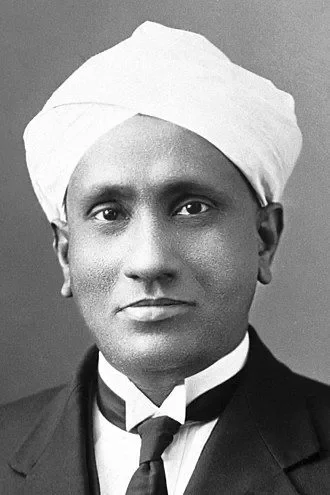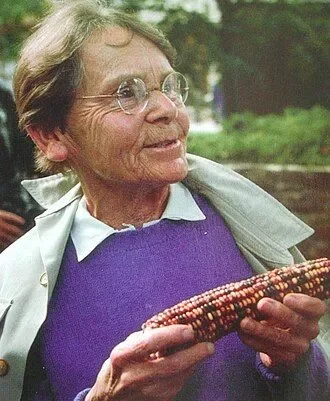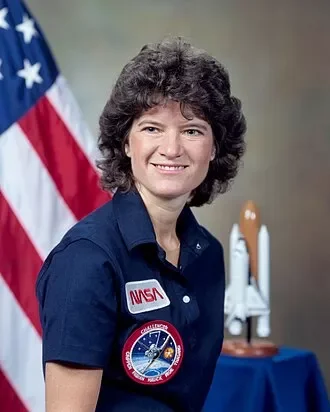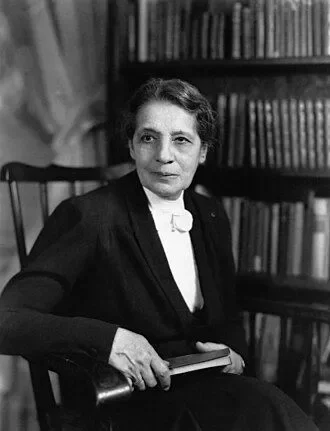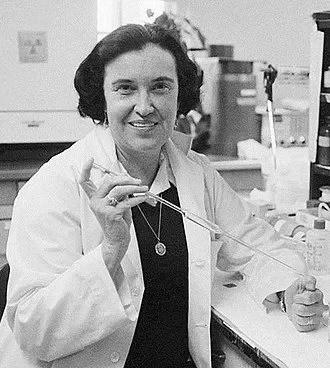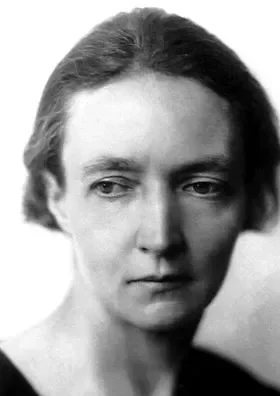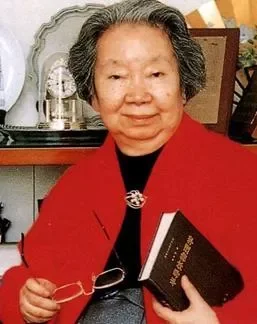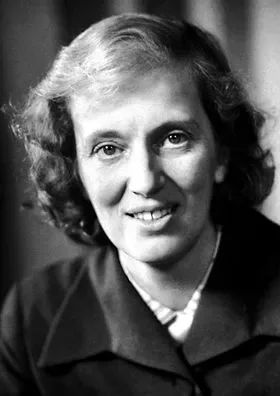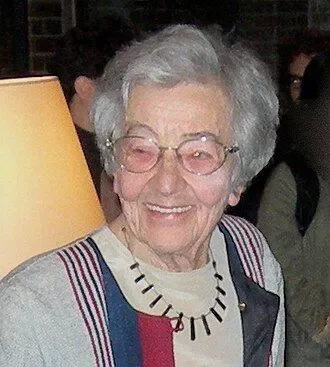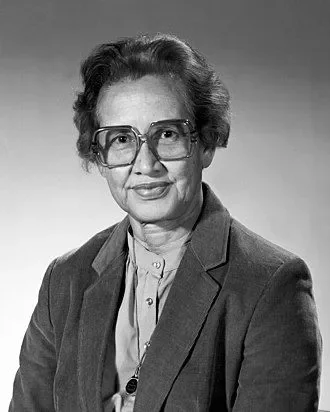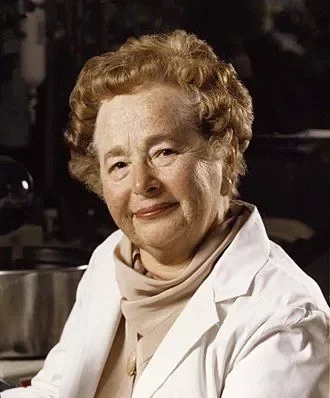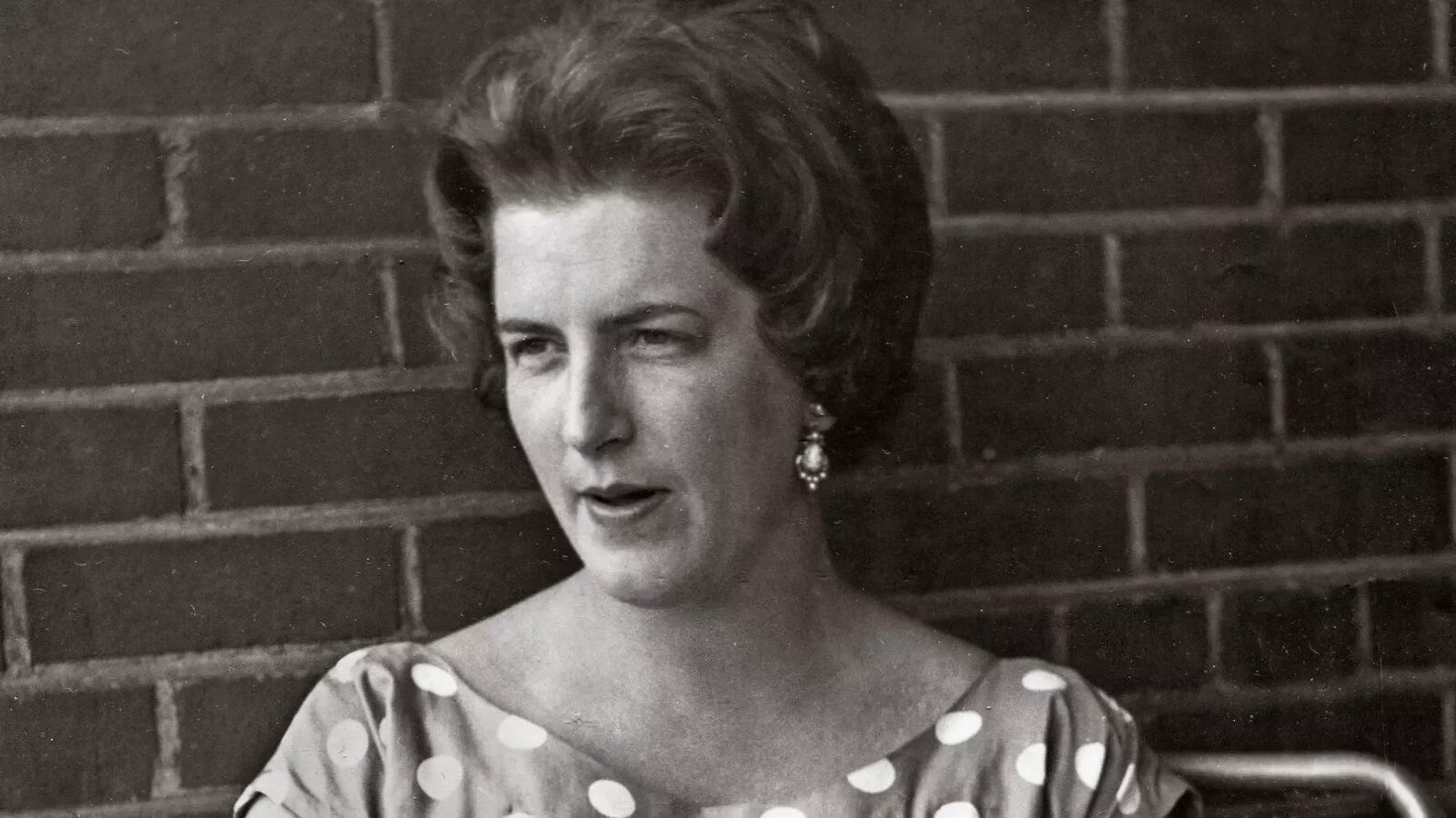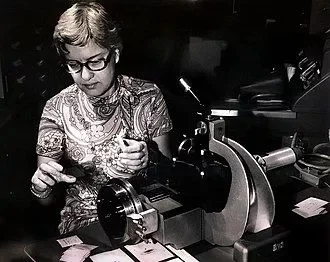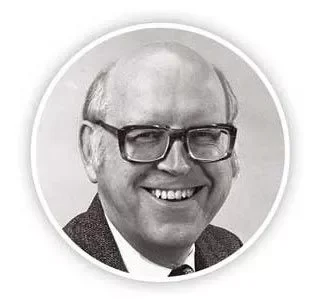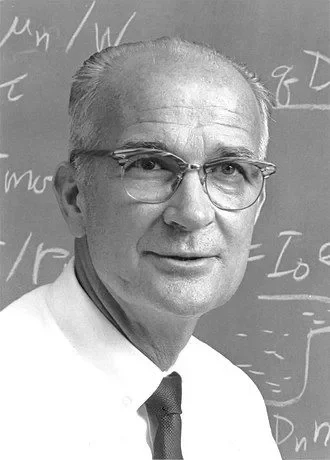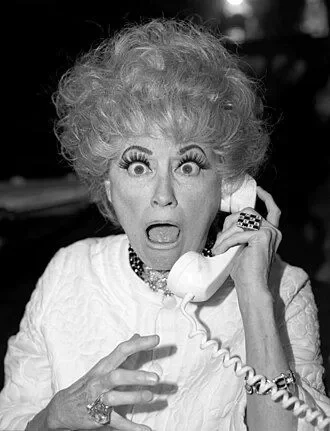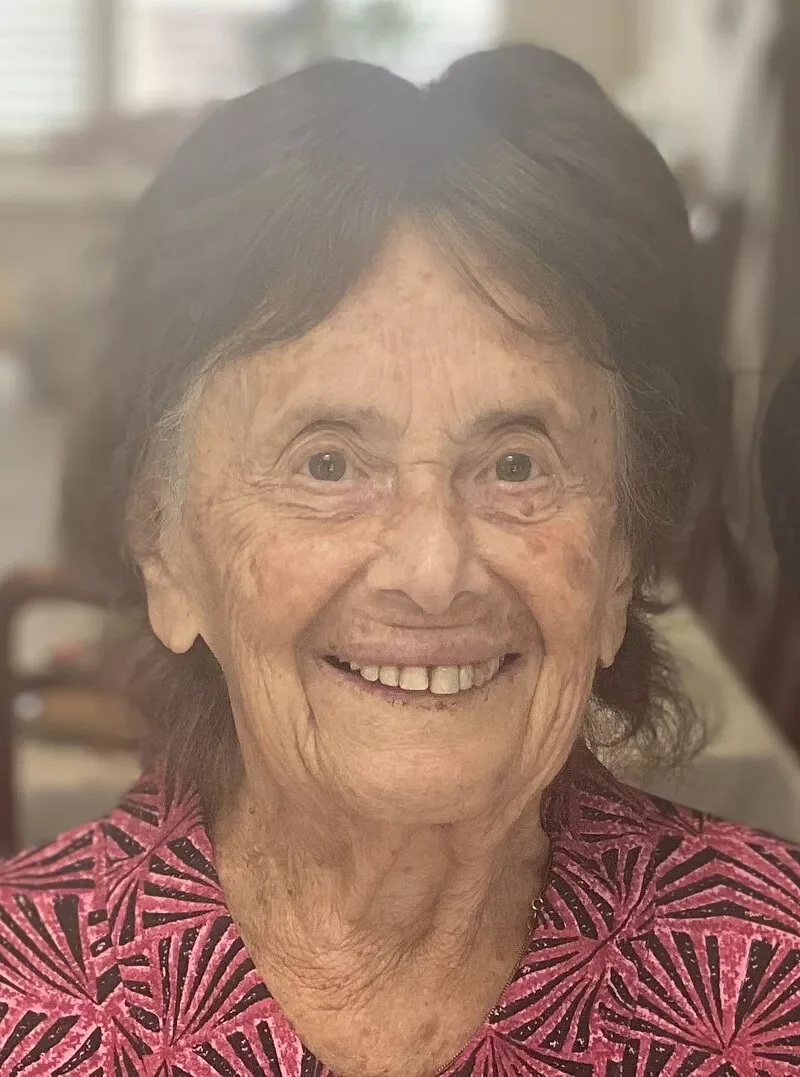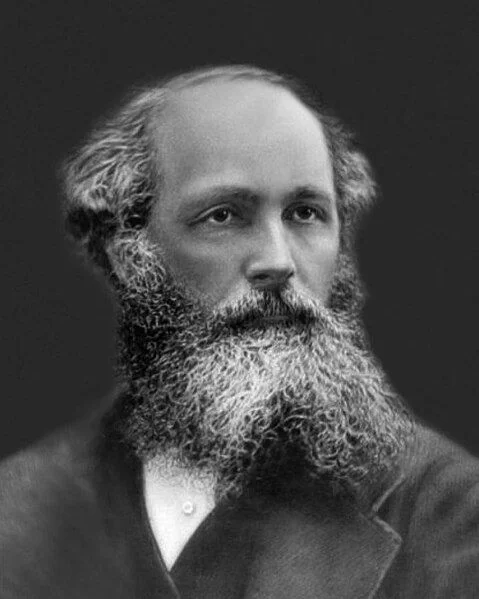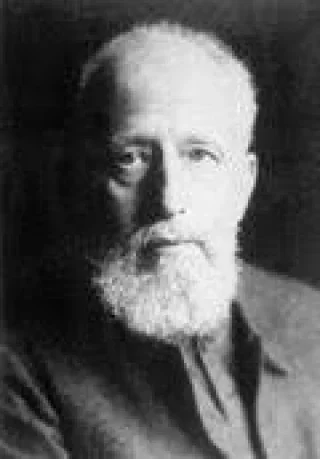Real Celebrities Never Die!
OR
Search For Past Celebrities Whose Birthday You Share
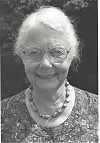
source:wikimedia.org
Eva Crane
Birthday:
12 Jun, 1912
Date of Death:
06 Sep, 2007
Cause of death:
Natural causes
Nationality:
British
Famous As:
Author
Age at the time of death:
95
Eva Crane's Quote's
Eva Crane: The Queen Bee of Apiculture
Eva Crane, born Ethel Eva Widdowson on June 12, 1912, in London, England, was a British scientist who became one of the world’s foremost authorities on bees and beekeeping. Her transition from studying nuclear physics to beekeeping is a captivating story about the impact of a wedding present on one’s life and scientific research.
Early Life and Education
Eva grew up in a Plymouth Brethren family in London. Her father, Harry Widdowson, owned a stationery business, while her mother, Rose, worked as a dressmaker. Eva’s older sister, Elsie, would later become a prominent nutritionist.
From a young age, Eva displayed academic excellence, leading her to attend Sydenham County Grammar School for Girls. Because of her exceptional talents in math and science, she attended King’s College London, where she was among just two female math students.
Academic Achievements
Eva’s academic career was exceptionally remarkable. She finished her mathematics degree in two years and went on to complete a master’s in quantum mechanics in 1935. She received her PhD in nuclear physics in 1937 at age 25. The rigorous science background she received would later be extremely helpful in her beekeeping studies.
Personal Life and the Bee Connection
Eva got married to James Crane, a Royal Navy Volunteer Reserve stockbroker, in July of 1942. The couple received an unusual wedding gift – a beehive. This present, designed to help the newlyweds with their wartime sugar rations, was the origin of Eva’s lifelong bee fascination.
From Physics to Bees
Having started as a physics lecturer at Sheffield, Eva’s career took an unexpected turn. Her beekeeping hobby evolved into a full-time job. She established the Bee Research Association in 1949, later known as the International Bee Research Association (IBRA), leading it until 1984.
Major Contributions to Apiculture
Eva Crane made a wide range of significant contributions to apiculture. She authored over 300 papers and books, including the seminal works “Bees and Beekeeping: Science, Practice, and World Resources” (1990) and “The World History of Beekeeping and Honey Hunting” (1999).
She conducted research in over 60 countries, frequently facing difficult circumstances. She studied beekeeping practices across cultures and throughout history, from prehistoric times to the present. She studied numerous elements of bee biology, behavior, and their impact on agriculture and the ecosystem.
Impact and Legacy
Eva Crane’s work has made a significant contribution to apiculture. Her thorough documentation and analysis of global beekeeping practices offer essential resources to beekeepers, researchers, and policymakers. Her study of bees’ role in pollination has made a significant contribution to sustainable agriculture understanding.
Later Life and Death
Even in her later years, Eva Crane continued her work. She was awarded an OBE in 1986 for her services to beekeeping. Eva Crane passed away in Slough, Berkshire on 6 September 2007 at the age of 95, her legacy shaping beekeeping to this day.
The Eva Crane Trust, founded by her, promotes apiology today, furthering her legacy for future bee researchers and enthusiasts.
Eva Crane’s journey from nuclear physics to renowned apiculture demonstrates the strength of curiosity and commitment. Her research on bees has significantly advanced our understanding of their importance to our ecosystem and food supply.
Name:
Eva Crane
Popular Name:
Eva Crane
Gender:
Female
Cause of Death:
Natural causes
Spouse:
Place of Birth:
Dulwich, London, England
Place of Death:
Slough, Berkshire, England
Occupation / Profession:
Personality Type
Architect: Imaginative and strategic thinkers, with a plan for everything. Crane’s rigorous scientific mind, independence, and long-term dedication to understanding complex systems like bees suggest a strategic, analytical personality with a vision for advancing knowledge.
Her sister, Elsie Widdowson, was a famous nutritionist.
She noted Russian bees’ resistance to varroa mites, aiding modern beekeeping.
She switched from nuclear physics to beekeeping after receiving a beehive as a wedding gift.
She traveled by dugout canoe and dogsled to study bees in remote areas.
Authored over 300 papers, articles, and books on bees.
Awarded an OBE (Order of the British Empire) in 1986.
Founded the Bee Research Association (later International Bee Research Association) in 1949.
Received an honorary doctorate from Ohio State University in 1985.

